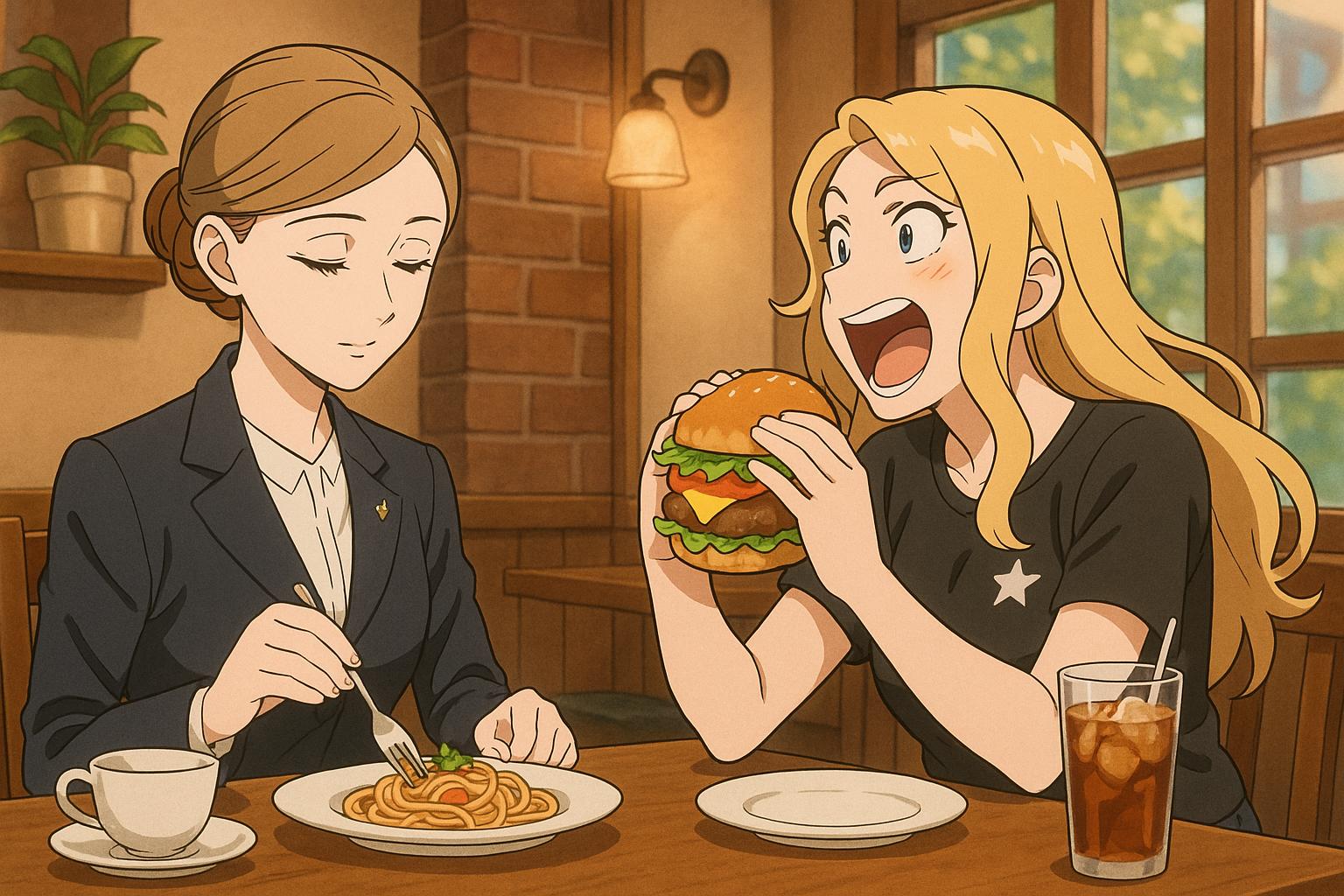An American woman based in the UK has shed light on the cultural distinctions that make certain behaviours acceptable in the United States but regarded as impolite in Britain. Using her TikTok platform under the username @yorkshireyank, she highlights the nuances of everyday interactions that shape perceptions of rudeness.
One of her observations involves the practice of offering house tours, which is common in the US. According to her account, Americans often guide guests through their homes, showcasing areas where they cook, relax, and engage in daily activities. “It’s just weird and it would be considered rude in this country,” she noted. In contrast, a more reserved approach is typically favoured in British culture, where such personal displays are less common and viewed with scepticism.
The differences extend beyond home visits to dining practices, particularly regarding payment methods in restaurants. In the US, it is customary for waitstaff to take a customer's debit card away to process the payment, leaving diners in suspense about the whereabouts of their card for the duration. “In the UK, that just doesn't happen,” she remarked. Instead, patrons can expect the waiter to bring a credit card reader to their table, ensuring that transactions are transparent and secure—an approach many Brits appreciate and prefer.
Table manners also feature prominently in her discussions. While many Americans believe they understand proper etiquette, she asserts that the sophistication of British dining standards surpasses those commonly observed in the US. “Let’s agree to disagree,” she quipped, capturing the essence of the cultural divide. This highlights the broader understanding that the same dining etiquette can evoke a range of behaviours and interpretations across different cultures.
The TikToker further elaborated on the perception that Americans are generally louder than their British counterparts. She attributes this to the way American accents can carry in public spaces, often preceding their presence on a train or in a quiet café. “Sometimes being loud is considered rude,” she explained, reflecting a difference in communication styles. This aligns with findings that suggest British humour and conversation are typically more reserved, preferring indirect communication to avoid any potential confrontation.
Moreover, she pointed out a crucial variation in the manner of politeness. While some Americans do express gratitude frequently, she noted that there exists a tendency for a significant portion of the population to forego polite phrases. In a store, it is not unusual for someone to bluntly ask, “Hey, where’s the flour?” which may come off as abrasive to British ears. The expectation in the UK, as she articulated, is to phrase requests politely, exemplifying a deeper cultural appreciation for manners and formality.
This commentary resonated with many viewers, leading to a lively discussion within the TikTok community. Some commentators expressed enthusiasm for the idea of house tours, while others highlighted examples of British etiquette that might be surprising to Americans, such as the importance of not whistling to get a bartender's attention.
Overall, her insights reflect a broader tapestry of cultural differences that defines interactions between Americans and Brits. Whether in the context of dining, personal space, or communication styles, the variations underscore how customs shape perceptions of hospitality and civility across the Atlantic.
Reference Map
- Insights on American and British cultural differences in home tours and dining etiquette.
- Comparison of conversational styles in British and American dinner parties.
- Overview of cultural differences regarding manners, communication, and etiquette.
- Discussion of British manners that might shock Americans, such as queuing and dining decorum.
- Key cultural differences in humour and communication between the U.S. and the U.K.
- Ten cultural etiquette differences between the U.S. and the U.K. regarding conversation and dining.
- British business etiquette and its implications for social conversations and interactions.
Source: Noah Wire Services
